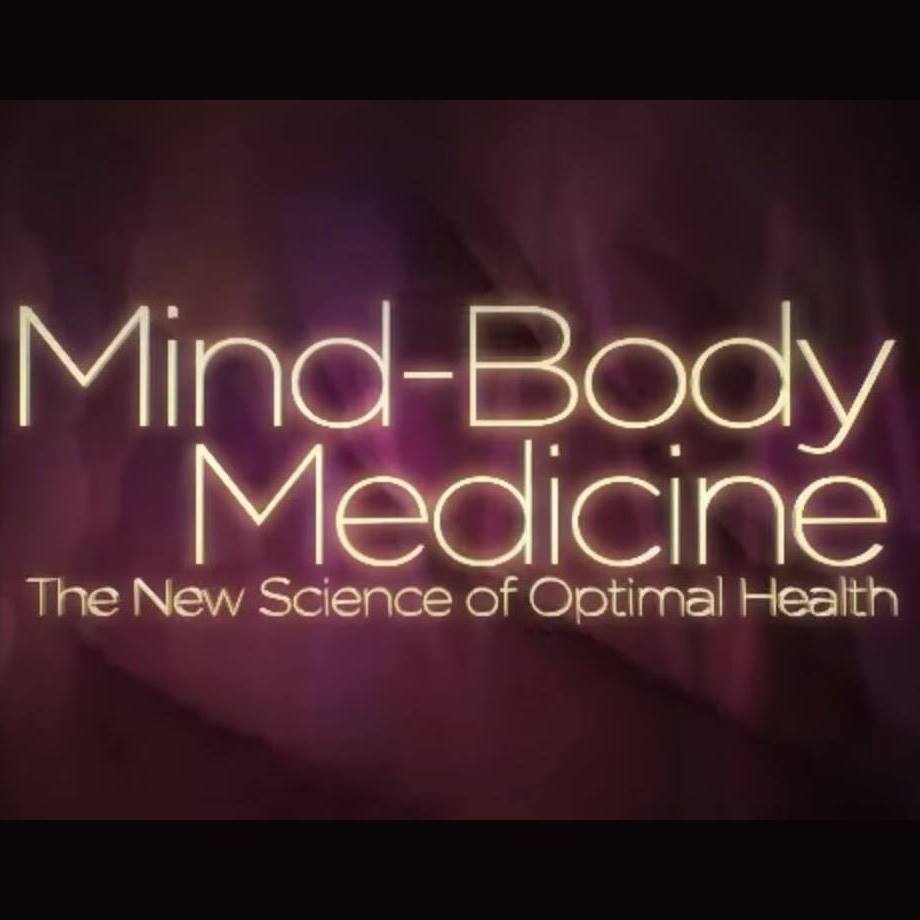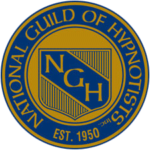
My goal is to bridge the gap between the mind and the body, to optimize the body in order to help the mind and psychology, and to use the mind (conscious and subconscious) to help optimize physical health. In order to achieve this, I offer a number of mind-body therapies including relaxation, imagery, biofeedback, meditation, hypnosis, qigong, dynamic body balancing, craniosacral therapy, acupuncture points, eye movement therapy, breath-work, somatic awareness, trauma release, and others. Find a list of modalities used on the home page or here.
What is mind-body medicine?
From the National Center for Complementary and Alternative Medicine:
YESTERDAY
- The concept that the mind is important in health and illness dates back to ancient times. In the West, the notion that mind and body were separate began during the Renaissance and Enlightenment eras. Increasing numbers of scientific and technological discoveries furthered this split and led to an emphasis on disease-based models, pathological changes, and external cures. The role of mind and belief in health and illness began to re-enter Western health care in the 20th century, led by discoveries about pain control via the placebo effect and effects of stress on health.
- Mind-body medicine focuses on:
- The interactions among the brain, the rest of the body, the mind, and behavior
- The ways in which emotional, mental, social, spiritual, experiential, and behavioral factors can directly affect health.
- The National Center for Complementary and Alternative Medicine (NCCAM) is the component of the NIH that studies complementary and alternative medicine (CAM). Within CAM, some examples of mind-body medicine practices are meditation, hypnosis, tai chi, and yoga.
TODAY
- The 2007 National Health Interview Survey found that 19.2% of American adults and 4.3% of children aged 17 and younger had used at least one CAM mind-body therapy in the year prior to the survey.
- Pain was the most common reason for CAM use in this survey.
- Many studies document that psychological stress is linked to a variety of health problems, such as increased heart disease, compromised immune system functioning, and premature cellular and cognitive aging. Some evidence suggests that mind-body therapies could reduce psychological stress.
- Recent results from NIH-funded studies on CAM mind-body therapies include:
- Pain sufferers often seek relief though CAM therapies, including mind-body modalities. A review of the evidence on various mind-body therapies to help treat certain neurological diseases involving pain found some evidence for positive effects from some therapies–including biofeedback for migraine headache, yoga for fatigue from multiple sclerosis, and relaxation therapy as a part of comprehensive programs to help control epileptic seizures.
- In a study of 60 breast cancer survivors, women who used hypnosis reduced the number and severity of hot flashes and also reported improvements in mood and sleep.
- A small preliminary trial suggests that Zen meditation may be a strategy to help prevent and/or reduce the cognitive decline of normal aging.
- A study of 63 people with rheumatoid arthritis found that Mindfulness Based Stress Reduction helped to improve quality of life and reduce psychological distress.
- A study of 298 college students found that Transcendental Meditation helped students reduce stress and improve coping strategies.
- In a study of 50 women, regular practice of yoga benefited mood and physiological response to stress.
- People with fibromyalgia may benefit from practicing tai chi according to a study in 66 people. Study participants who practiced tai chi had a significantly greater decrease in total score on the Fibromyalgia Impact Questionnaire. In addition, the tai chi group demonstrated greater improvement in sleep quality, mood, and quality of life.
- Tai chi may also be a safe alternative to conventional exercise for maintaining bone mineral density in postmenopausal women, thus helping to prevent or slow osteoporosis, increase musculoskeletal strength, and improve balance.
TOMORROW
- A research collaborative is examining how patient expectations and other factors in patient-provider interactions may produce biological effects that play a role in health outcomes. Results from this research will inform how health care providers relate to their patients, and will also help to explain the biological mechanisms underlying mind-body medicine.
- Obesity and metabolic syndrome are increasingly common conditions that increase risk for diabetes and cardiovascular disease. An experimental program that combines mindfulness meditation, “mindful eating,” and diet/exercise may help to control these conditions. Researchers are testing whether the program improves hormonal responses to stress and aids weight control.
- A study of loving-kindness/compassion meditation and mindfulness meditation is looking at effects on the brain/body—especially regulation of emotions. Can meditation train the mind to change the brain? Findings may have applications for conditions linked with emotions and stress, such as recurrent depression.
Contact: NCCAM Clearinghouse; info@nccam.nih.gov; 1-888-644-6226 (toll free in the U.S.)
National Center for Complementary and Alternative Medicine (NCCAM) website: http://nccam.nih.gov/
Source of the above text: https://report.nih.gov/nihfactsheets/viewfactsheet.aspx?csid=102
From the American Diabetes Association:
Mind-body medicine focuses on the communication between mind and body and the powerful ways in which emotional, mental, social, and spiritual factors can directly affect health. Western, or allopathic, medicine tends to consider the scientific, or medical, model of medicine superior to mind-body therapies. It often has negated the fact that one’s mind has any affect on the body. But in the last generation, with the meeting of Eastern and Western healing practices, we have come to accept and understand that mind and body are powerfully related.
Between 1990 and 1997, the number of patients using alternative practices increased from 36 to 46%.1 Quality clinical research has grown steadily since 1970. The National Center for Complementary and Alternative Medicine (NCCAM), founded in 1998 as part of the National Institutes of Health, is now a vital organization for disseminating information and providing funding options for complementary or alternative medical research.
Mind-body interventions include relaxation, imagery, biofeedback, meditation, hypnosis, tai chi, yoga, and others. They often help patients experience healing for their illnesses in new and different ways.
A mind-body modality we often experience, many times unbeknownst to us, is the placebo response. It happens even without our planning or effort. In scientific studies, it has been shown to interfere with clinical outcomes. It is often looked upon as puzzling or confusing and unfortunately has thereby been undervalued.2 A positive placebo response typically improves a patient’s trust and hope for an affirmative outcome.
Mind-body therapies regard as essential an approach that acknowledges each person’s capacity for self-knowledge and self-care. It emphasizes the person’s openness to participate and his or her desire to succeed. It often has been said that mind-body medicine views illness not as an obstacle but as an opportunity for personal growth and transformation.
Source: Mind-Body Interventions https://spectrum.diabetesjournals.org/content/14/4/213
Thoughts from Ethan:
The term Complementary and Alternative Medicine (CAM) can be seen as a misnomer, many of these “alternative” therapies, one can argue, should be “primary” and the first line of defense especially with chronic disease. Additionally, many of these approaches have existed for millennia.
Mind-Body medicine can be viewed as Naturopathic medicine, which is a system of healing focused on working with nature and is distinct from the Allopathic model. In an interesting play with words, mind-body medicine is the allopathic version of naturopathic medicine, with the addition of research. The more that studies show the importance of holism and the mind-body connection, the more Allopathic and Naturopathic philosophies start to merge.
As is often the case with us humans, we are fans of using semantics and drawing lines that separate and define concepts, this can result in a separation that isn’t present in nature, as in mind-body. Mental health and physical health are one and the same. <- This is mind-body medicine, and is the future of medicine.
The idea of mind-body medicine is being adopted by both naturopathic and allopathic practitioners. Mind-body medicine allows for the integration of eastern and western, nutritional, energetic, mental, emotional, societal, cognitive and behavioral therapeutic interventions. I offer many of these interventions in my private practice.
Find the articles on mind-body medicine here http://www.wisemindbodyhealing.com/?s=mind-body+medicine







